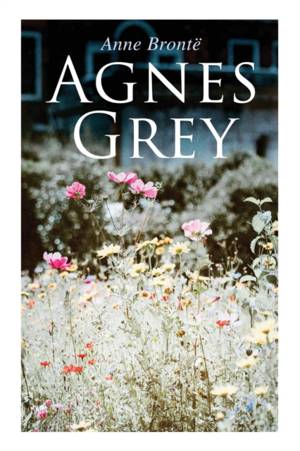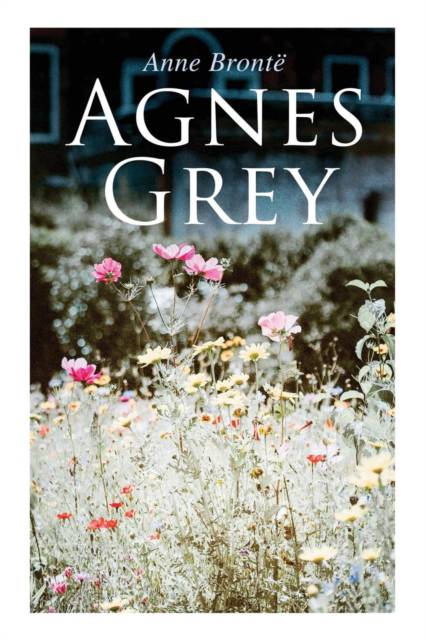
Bedankt voor het vertrouwen het afgelopen jaar! Om jou te bedanken bieden we GRATIS verzending (in België) aan op alles gedurende de hele maand januari.
- Afhalen na 1 uur in een winkel met voorraad
- In januari gratis thuislevering in België
- Ruim aanbod met 7 miljoen producten
Bedankt voor het vertrouwen het afgelopen jaar! Om jou te bedanken bieden we GRATIS verzending (in België) aan op alles gedurende de hele maand januari.
- Afhalen na 1 uur in een winkel met voorraad
- In januari gratis thuislevering in België
- Ruim aanbod met 7 miljoen producten
Zoeken
Omschrijving
In Anne Brontë's poignant novel, "Agnes Grey," the narrative unfolds through the eyes of a young governess confronting the stark realities of Victorian society. Employing a vivid and unadorned prose style, Brontë captures the emotional and moral dilemmas faced by women constrained by societal norms. Through Agnes's experiences, the novel critiques class disparities and the treatment of women, positioning it within the broader context of 19th-century literature that often marginalizes female voices. Brontë's nuanced characterizations and keen observations bring the struggles of the protagonist to life, creating a compelling portrait of resilience and quiet defiance. Anne Brontë, the youngest of the Brontë sisters, was deeply influenced by her own experiences as a governess, which informed the authenticity of Agnes Grey's hardships. Her time in this position exposed her to the complexities of social class and gender relations, fueling her desire to depict the world as she saw it--honestly and unapologetically. Despite the overshadowing presence of her sisters, Charlotte and Emily, Anne's literary contributions reveal a distinctive voice that advocates for moral clarity and social reform. "Agnes Grey" is essential reading for those interested in women's literature, social justice, and the intricate dynamics of Victorian life. Brontë's unflinching portrayal of a woman's struggle for self-respect amidst oppressive circumstances will resonate with contemporary readers, making it a timeless exploration of identity and societal expectation.
Specificaties
Betrokkenen
- Auteur(s):
- Uitgeverij:
Inhoud
- Aantal bladzijden:
- 108
- Taal:
- Engels
Eigenschappen
- Productcode (EAN):
- 9788027330416
- Verschijningsdatum:
- 14/12/2018
- Uitvoering:
- Paperback
- Formaat:
- Trade paperback (VS)
- Afmetingen:
- 152 mm x 229 mm
- Gewicht:
- 158 g

Alleen bij Standaard Boekhandel
+ 30 punten op je klantenkaart van Standaard Boekhandel
Beoordelingen
We publiceren alleen reviews die voldoen aan de voorwaarden voor reviews. Bekijk onze voorwaarden voor reviews.









